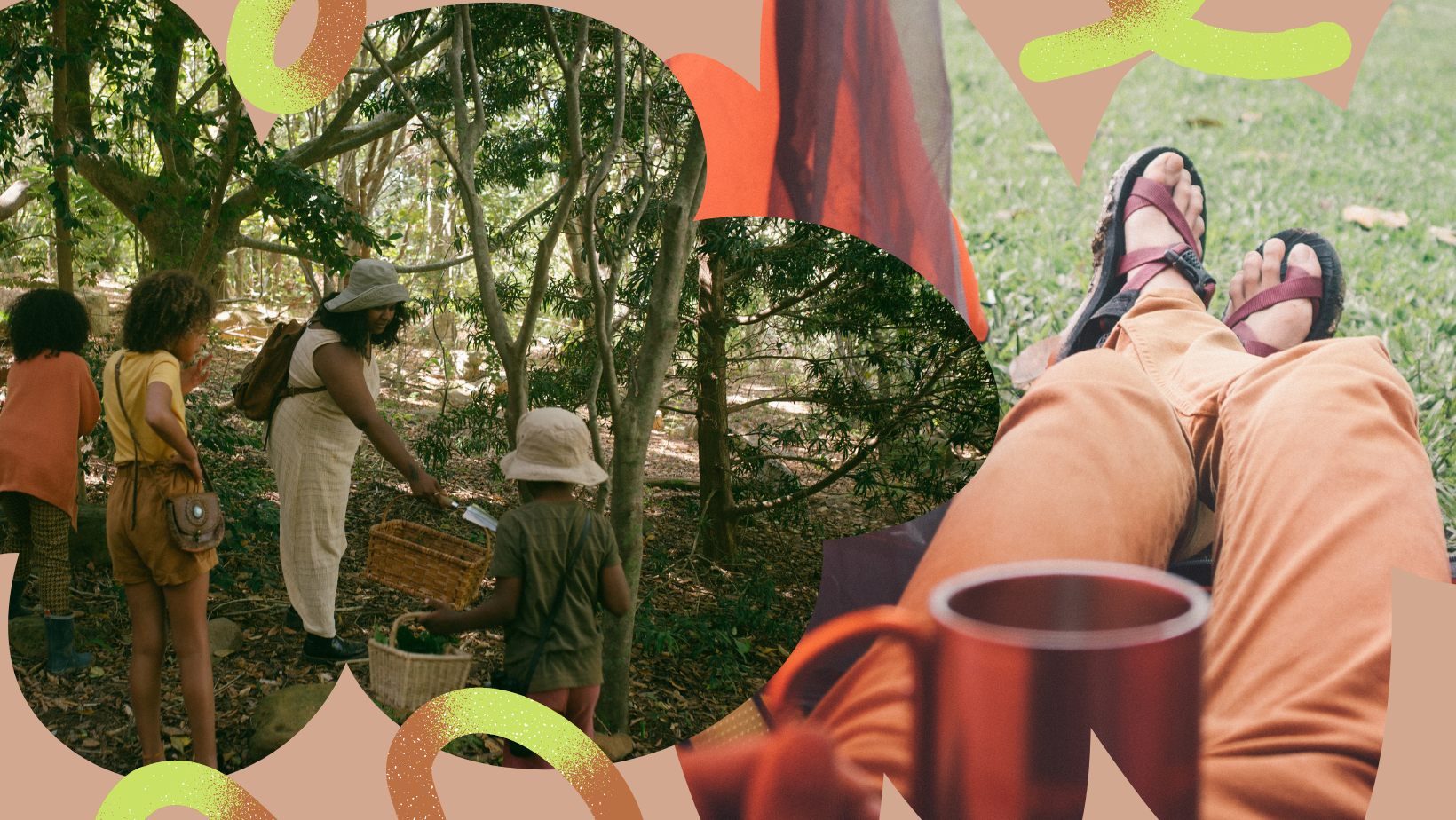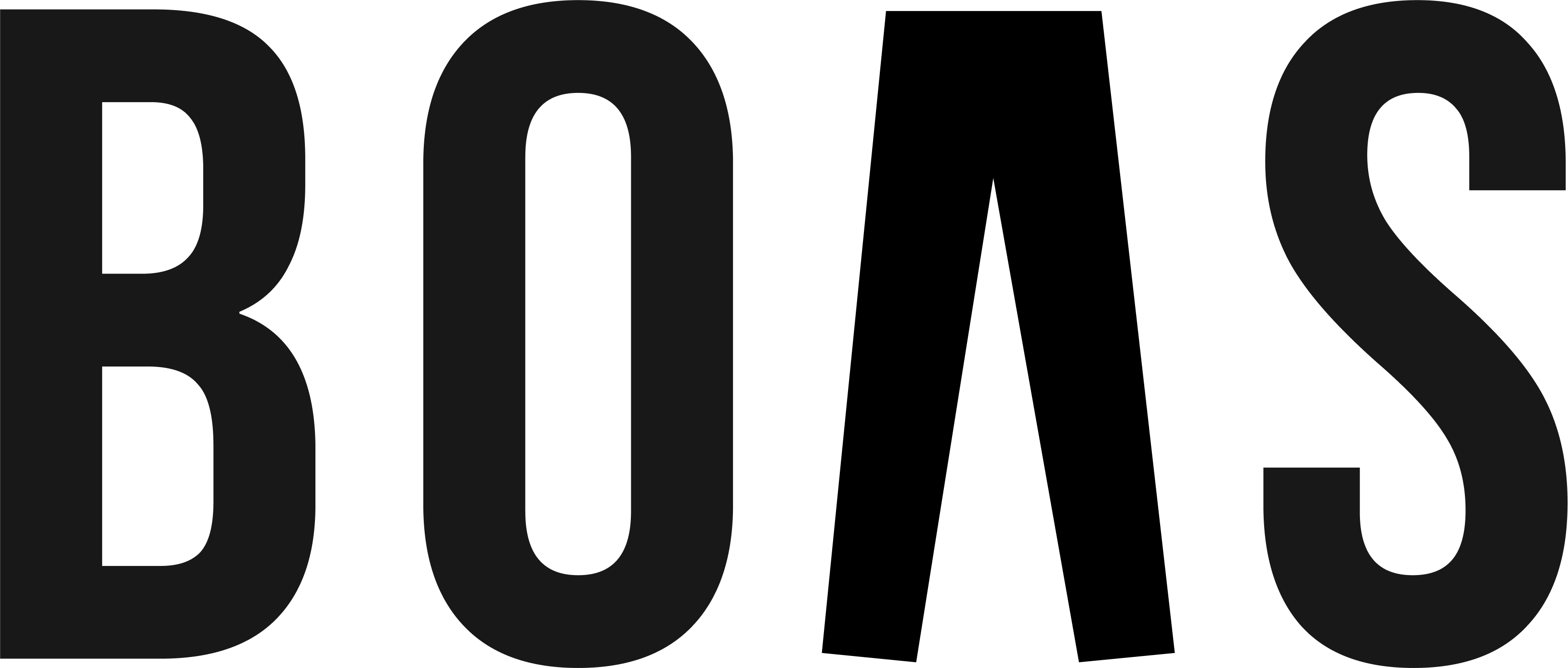
Sustainability versus Ethicality: How to Avoid Greenwashing as a Pro-sumer
7,000 people. 176 companies. 14 industries.
The Sustainable Brand Index is Europe’s largest survey of consumers to see how they perceive the sustainability of various brands, conducted on an annual basis. The criteria is based on the United Nations’ Sustainable Development Goals, and intentionally includes both social responsibility and environmental responsibility as measures of “sustainability.” Although the results of the questionnaire don’t necessarily have any merit in reflecting how “good” a company is actually doing, this information is still important to understand through the lens of consumer psychology.
In 2021, Tony’s Chocolonely “topped the Netherlands' Sustainable Brand Index for the fourth time,” beating out Greenchoice, ANWB and Tesla. Clearly, the company is idolized by the Dutch, so they must be doing something right to promote themselves and their company values. Tony’s Chocolonely’s vision is to create a world, not just a company, with 100% slave-free chocolate. Therefore, political activism and industry engagement are critical hats that they wear. According to their website,
This is all good and dandy, but there is one glaring problem that can’t help but be ignored: greenwashing. Despite Tony’s annual achievement reports and ‘Outstanding’ rating on their tri-annual B Corps assessment, their strategy for Six-Layer Impact has absolutely nothing to do with the planet. So how can they claim to be sustainable when in actuality their emphasis is not on the environment but on ethics?
At the end of the day, this comes down to what consumers perceive as the definition of sustainability. Even though about 79% of consumers in the Netherlands say their purchasing decisions are impacted by this heroic movement, which is the highest in Europe and possibly the world, this information seems to indicate that the people who care about sustainability don’t actually know what it is. Even if Dutch companies like Philips and Unilever lead the Dow Jones Sustainability Index (DJSI), which itself has not gone without controversy, the consumer understanding is clearly lacking.
So let’s get clear on what “sustainability” actually means. In 1987, the cornerstone for sustainable development was built at the United Nations’ Brundtland Commission, where the term was defined as:
You may have heard this fairly common and highly ambiguous definition, but what you may not know is that the 300 page report that released this verbiage elaborates further on the theory of sustainable development, with a clear environmental overtone. The section preceding this definition is titled “New Approaches to Environment and Development” and the subsequent section is “The International Economy, the Environment, and Development.” Considering this, the idea of “sustainability” has honed down from an economy-wide scale to a company-wide scale in the advent of corporate sustainability.
Through this evolution, the s-word was originally defined by environmental criteria, with a critical eye on energy and water usage, product durability and life cycle, and land use practices amongst other ecosystem effects. Over the years, though, sustainability has come to mean something completely different depending on who you ask. Often times, it is used interchangeably with social responsibility (i.e. ethicality), and while this is not necessarily a bad thing–it is inaccurate. It can also lead, whether intentionally or unintentionally, to greenwashing on behalf of companies that are trying to “do good.”
This term-swapping is most common in the fashion industry, but as we saw with Tony’s, can occur across any and all industries. Both sustainability and ethicality involve slower production and scrutinizing altruistic concerns with sourcing and supply chain. However, ethical production has a heavy focus on things like worker conditions, industry standards, and conduct. Simply put, the people side of manufacturing and production. Again, worker treatment is an amazing thing for a company to laser-focus on and in our humble opinion at BOAS, the protection of human rights in the supply chain should be the expectation rather than the exception. What we need is clarity on the fact that supporting people is not the same as supporting our planet.
In the case of Tony’s Chocolonely, milk derivative powder is the second ingredient on their milk chocolate bars. With about 4% of global carbon emissions stemming from the dairy industry and about 328 million tons being emitted from milk production every year, there is an inherent “unsustainability” baked into the product, which is fortunately something they have recognized:
So for both Tony’s and the mind of consumers, how can we clear this confusion, and which criteria is better to support (i.e. ethicality or sustainability)?
First and foremost, this comes down to your personal values. Even though eco-friendliness and people-friendliness tend to go hand in hand, this is not always possible. It can be difficult to balance so many plates intentionally, so doing the absolute greatest both socially and environmentally might be a pipe dream for some companies. In that case, you must decide for yourself which values are more important to you and follow that path.
No matter which you decide–people or planet–the best thing you could possibly do is avoid spreading misinformation. The more these mistruths are spoken and shared, the more they will proliferate and continue to cause confusion. Use your newfound knowledge as a pro-sumer to nip ignorance at the bud, and inform your friends, family, colleagues, and your neighbor Joe about how they can properly vote with their dollar.
Choosing products in line with your chosen belief system will inevitably take some brand research on your behalf, but there are also several existing certification schemes that can help you make decisions much faster. For instance, some environmental certifications include:
- Bird Friendly Coffee
- Cradle to Cradle Certified
- Dolphin Safe
- Forest Stewardship Council
- Global Organic Textile Standard
- Milieukeur
- Rainforest Alliance
Social compliance certifications include:
- Cruelty-Free
- Ethical Trading Initiative
- Equal Exchange Fairly Traded
- Fair Trade
- Peta Vegan-Certified
- Small Producers
Together, with the intentional production and consumption of these certified products, we can create an informed community of pro-sumers interested in doing good. In fact, what makes the Netherlands special is our “strong consensus-driven approach to decision-making,” as a result of centuries of severe flooding requiring communal action to keep the country afloat. Let’s capitalize on that togetherness spirit to keep our industries afloat for the sake of bettering the world we all live in.















